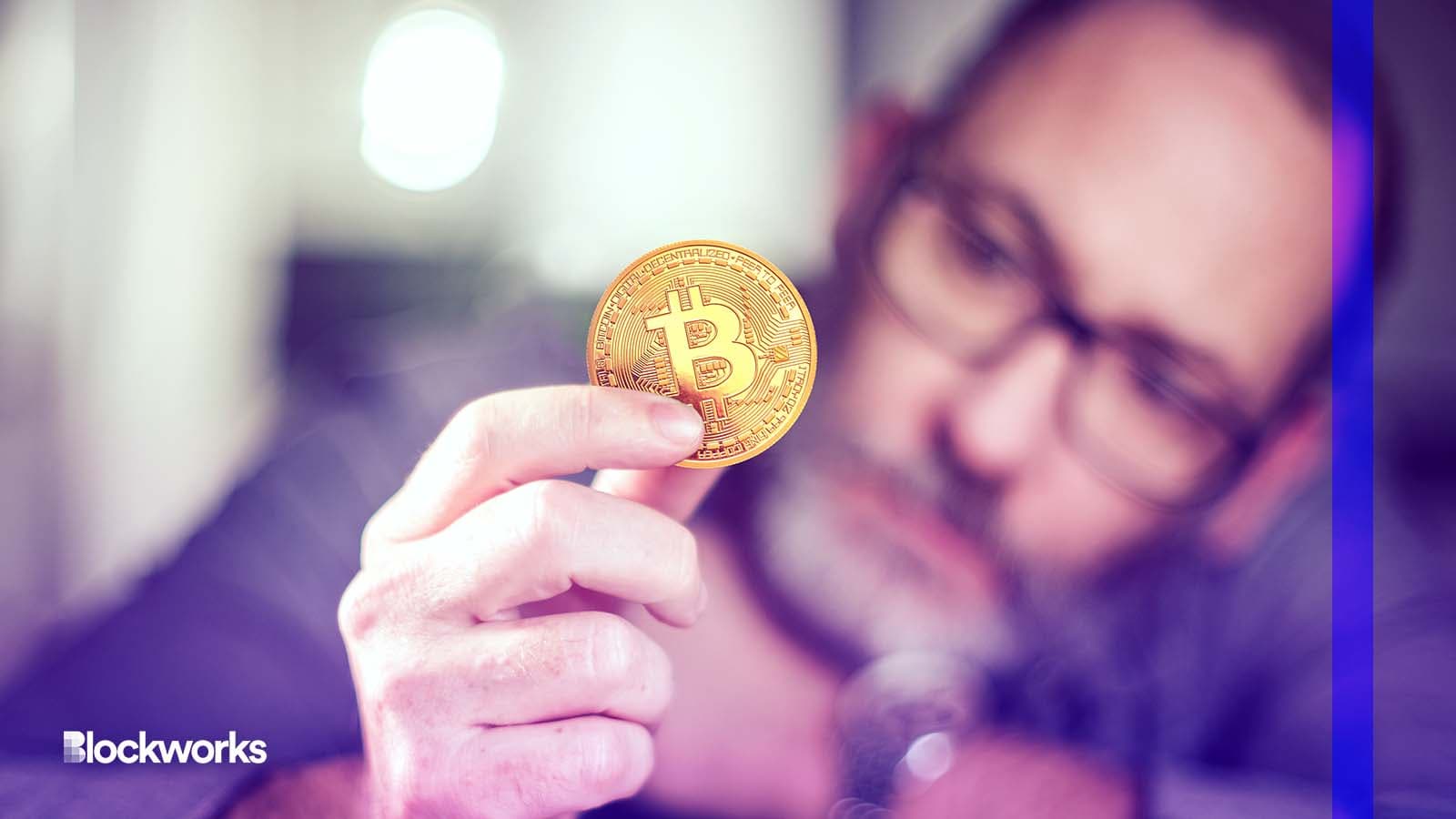Should Corporations Add Bitcoin to Their Holdings?
Tether recently announced plans to allocate up to 15% of their profits to bitcoin

Audio und werbung/Shutterstock, modified by Blockworks
Investing in bitcoin with personal cash has increased in popularity over the years since blockchain’s inception.
But US corporations, outside of a few outspoken bitcoin (BTC) advocates like MicroStrategy, tend to be more cautious with their investment allocations — for good reason.
It’s a point of contention between Mike Ippolito and his guest, Mark Yusko, founder of Morgan Creek Capital Management on the Blockworks’ On the Margin podcast.
In an interview, the two ponder the wisdom of Tether’s recently announced plans to allocate up to 15% of profits to BTC.
The issuer of the world’s most popular stablecoin, USDT (USDT), has said it plans to strengthen, increase and diversify its reserves by adding bitcoin to its holdings. Tether has long faced industry questions about the opacity of its USDT backing, especially when it comes to liquidity.
Importantly, Ippolito says, the allocations are from realized profits, “so this isn’t a balance sheet thing.”
Ippolito says Tether also holds reserves in gold, alongside bitcoin as a hedge against diminishing currency value.
“If the logic is, hey, we accumulate cash by running a business and that cash is being devalued every day that we hold it,” Yusko says, “then we should move it into a cash alternative, a better store of value.”
“History tells us in periods of devaluation of currency, gold works,” he says. While bitcoin’s short existence can’t be compared to the thousands of years gold has held value, he says, it’s proven to be “an amazing store of value versus the dollar” in its brief lifetime.
“One bitcoin’s one bitcoin, but one bitcoin priced in dollars has migrated up,” Yusko says, admitting the movement has been accompanied by “lots of volatility.”
Yusko acknowledges that volatility can be a problem. “If it’s working capital to fund a new business or hire some people,” Yusko says, and “you happen to have that 64% drawdown while you’re holding it, that kind of sucks.”
“As a small piece of your long-term treasury, [I’m] totally for it. And I think a lot of companies should consider it.”
How about an audit instead?
Ippolito is not convinced.
“I have always not loved this trend of putting bitcoin on your balance sheet. I just think that’s not your job as a corporation,” he says.
He argues it’s not “what you’re supposed to do as a company treasury.”
“2022 is in the rear view mirror,” he says, “but we saw what happened when there isn’t transparency.”
Rather than buying bitcoin, Ippolito says he would love it if Tether would instead “get audited by a big four.” Yusko erupts into laughter.
“I just don’t like how opaque Tether is,” Ippolito says. “I’m not a fan. I don’t see any reason why they can’t be more transparent and get audited by a big four accounting firm.”
“It’s an $82 billion market cap,” he says. “Something rubs me the wrong way.”
Yusko says, “If we believe what we say… that one bitcoin is one bitcoin and that it is a standard of value that we believe is the better form of money… then it actually is incredibly logical and actually probably a fiduciary mandate for an owner of capital, particularly one that has shareholders” to invest in bitcoin, he says.
“Are you being a good fiduciary if you leave it in a devaluing asset?”
Get the news in your inbox. Explore Blockworks newsletters:
- The Breakdown: Decoding crypto and the markets. Daily.
- Empire: Crypto news and analysis to start your day.
- Forward Guidance: The intersection of crypto, macro and policy.
- 0xResearch: Alpha directly in your inbox.
- Lightspeed: All things Solana.
- The Drop: Apps, games, memes and more.
- Supply Shock: Bitcoin, bitcoin, bitcoin.





